What can succession planning families learn from Prince Harry's 'Megxit?
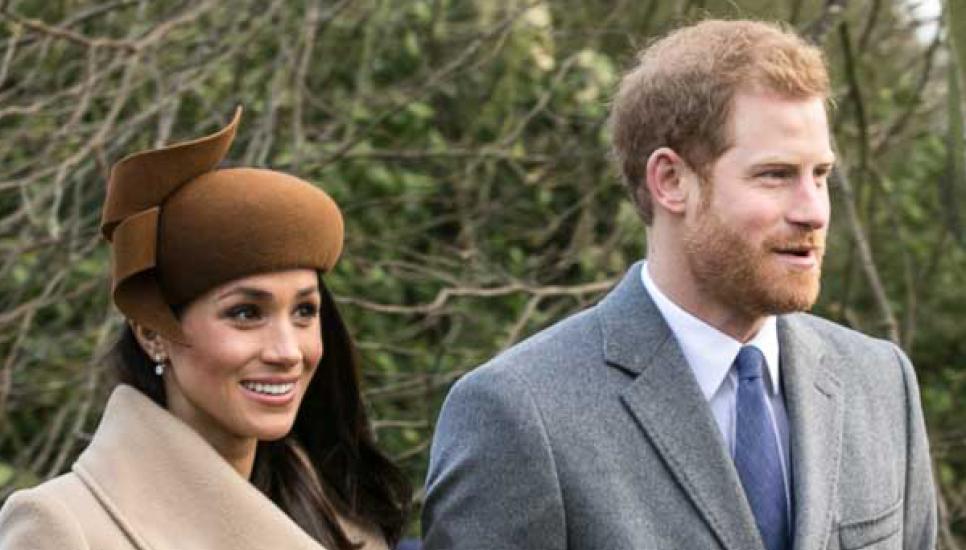
Prince Harry and Meghan Markle’s decision to step down as senior royals and split their time between the United Kingdom and Canada holds a number of implications for business dynasties, and for the role of the “spare” in the “heir and spare” scenario during succession, family experts say.
The controversial move by the sixth in line to the throne and his wife and the handling by the Queen, Prince Charles and Prince William, as the comparable family business principal, heir and next gen, has gripped the world.
Alfredo De Massis (pictured), Professor of Entrepreneurship and Family Business, Free University of Bozen-Bolzano and Lancaster University Management School, and Director Unibz Centre for Family Business Management, told CampdenFB it was important to be aware that intra and inter-generational goal diversity—the differences in the goals and claims both between family members of the same generations such as Prince Harry and Prince William and between the senior and the young generation—a common trait of wealthy families and business dynasties.
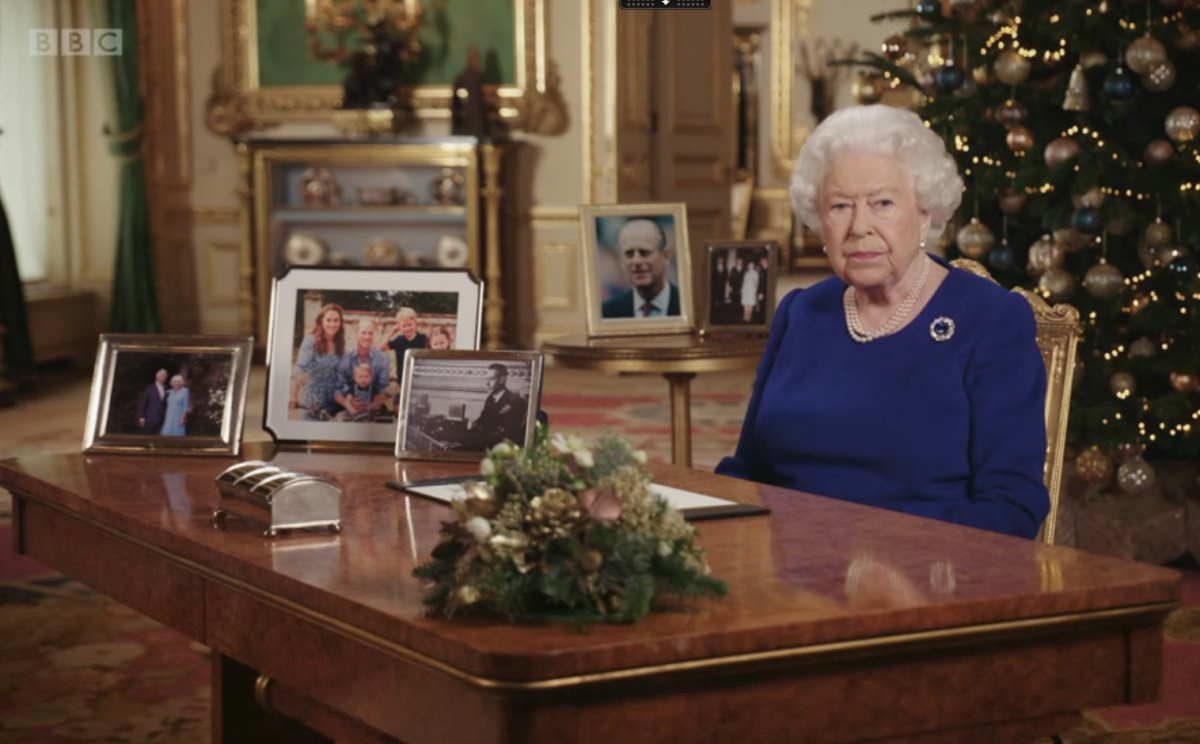 Much as been made of Meghan's hounding in some quarters of the press, but the royal family has streamlined its succession planning over the past few years. Prince Charles, 71, first in line to succeed his 93-year-old mother the Queen, has taken on more royal duties, including the leadership of the Commonwealth. Prince William, 37, and wife Catherine, Duchess of Cambridge, have three young children who have 'jumped the queue' of succession over Prince Harry, 35. Many saw the arrangement of photographs of the Cambridges and Prince Charles with wife Camilla, Duchess of Cornwall, beside the Queen—and the notable absence of a portrait of Harry and his family—during the Queen's Christmas Day Speech last month (pictured) as an affirmation of their royal succession plan.
Much as been made of Meghan's hounding in some quarters of the press, but the royal family has streamlined its succession planning over the past few years. Prince Charles, 71, first in line to succeed his 93-year-old mother the Queen, has taken on more royal duties, including the leadership of the Commonwealth. Prince William, 37, and wife Catherine, Duchess of Cambridge, have three young children who have 'jumped the queue' of succession over Prince Harry, 35. Many saw the arrangement of photographs of the Cambridges and Prince Charles with wife Camilla, Duchess of Cornwall, beside the Queen—and the notable absence of a portrait of Harry and his family—during the Queen's Christmas Day Speech last month (pictured) as an affirmation of their royal succession plan.
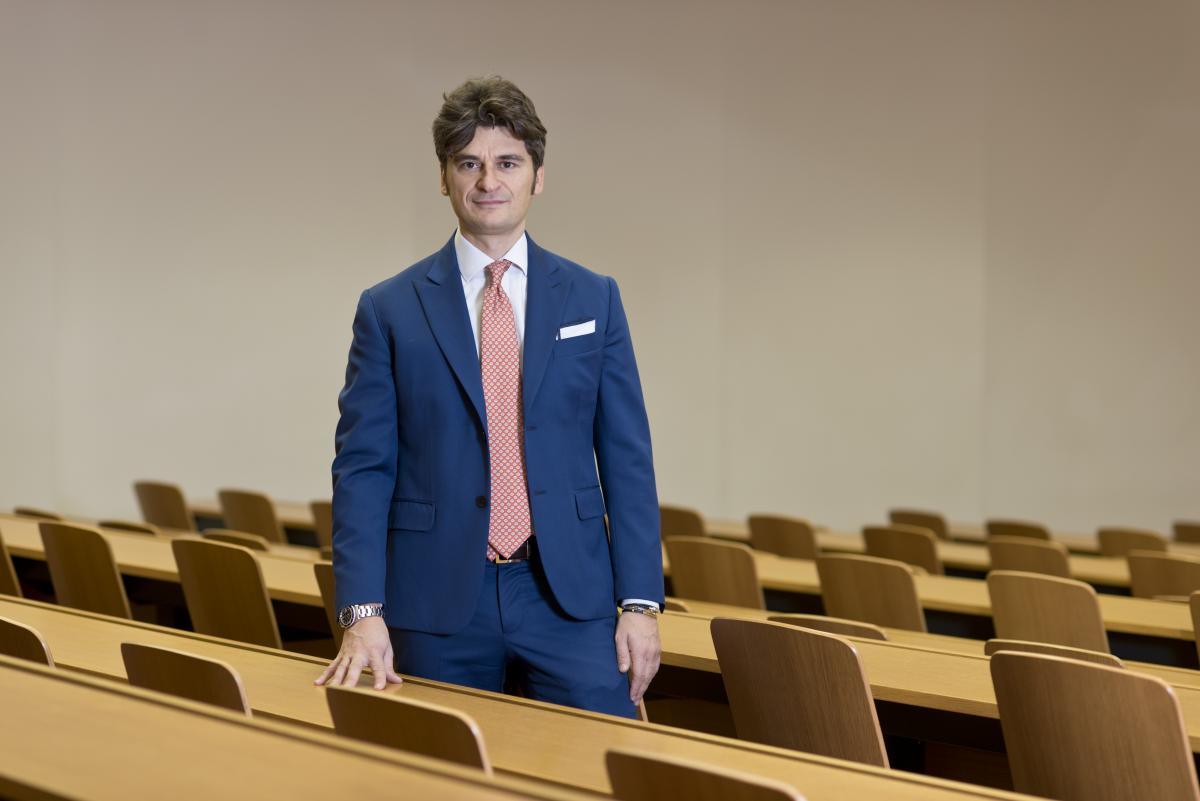 “In many wealthy families and business dynasties next generation members are brought up with a strong sense of obligation to continue the family assets/business, and imposing such choice would of course be a mistake as new generation members should be left with the open choice to remain strongly engaged with the family assets/business, or shape their own pathways,” De Massis said.
“In many wealthy families and business dynasties next generation members are brought up with a strong sense of obligation to continue the family assets/business, and imposing such choice would of course be a mistake as new generation members should be left with the open choice to remain strongly engaged with the family assets/business, or shape their own pathways,” De Massis said.
What Prince Harry was doing was perfectly in line with the concept of primogeniture—succession to the first-born son—and pointed to the issue of what he called the “back-up leader” syndrome.
“Since primogeniture was established as a key principle for intra-family succession, the role of the ‘spare’ has almost constantly been problematic. The ‘spare’ is indeed requested to behave in a faultless manner respecting all the royal norms yet should not look too poised and charismatic otherwise he would be perceived as a peril. Playing the “spare” role has always been extremely difficult, and Price Harry’s behaviour reflects such complexity. So, when a jolt such as the birth of Duke and Duchess of Sussex’s son Archie, occurs, the situation can deteriorate and fatally jeopardise the relationships among family members in the dynasty.”
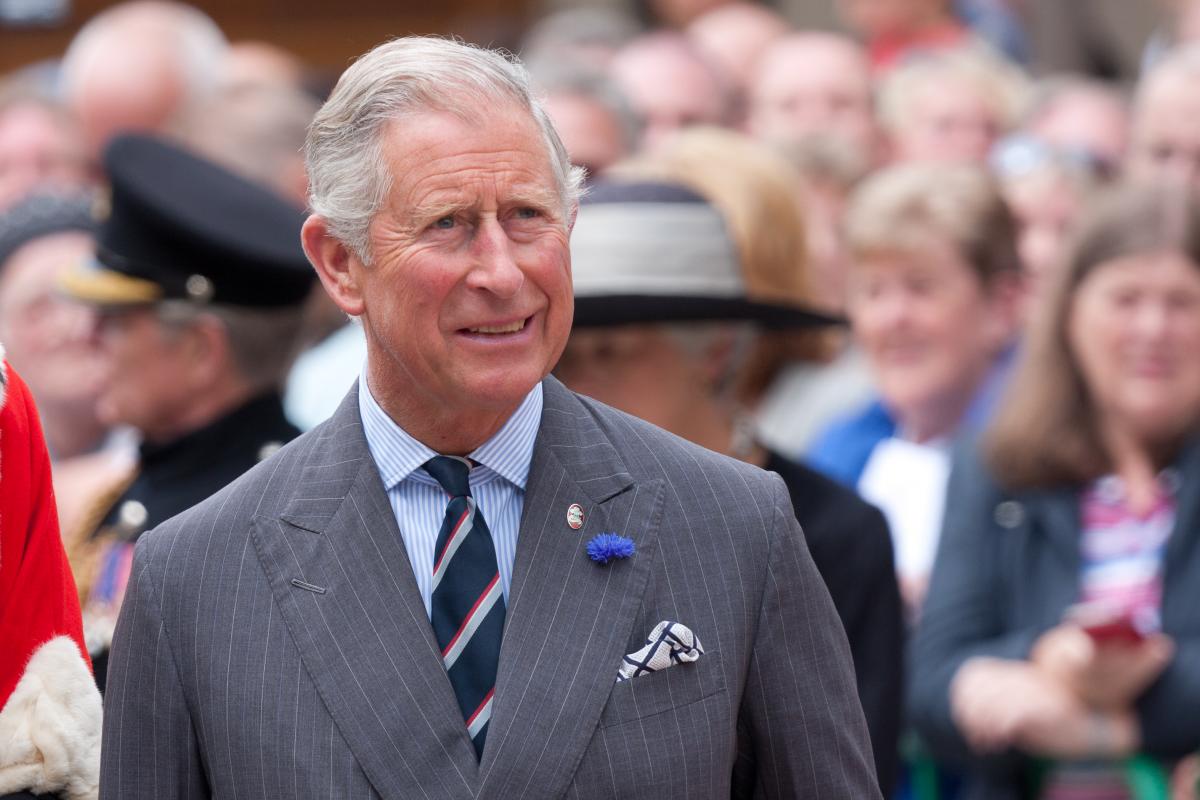 De Massis said the quest for financial independence from the senior generation members was another typical trait of next generation members in wealthy families. Family funding posed serious constraints on both the ability and the commitment of next generation members to play an active role in the management of the family assets/business.
De Massis said the quest for financial independence from the senior generation members was another typical trait of next generation members in wealthy families. Family funding posed serious constraints on both the ability and the commitment of next generation members to play an active role in the management of the family assets/business.
“We should not be too surprised if new generation members express such desires in a very emotional way,” he said.
“I see Prince Harry’s desire to use his privileged position, not just to support the enduring supremacy and discretion of the dynasty, but also to impact favourably society through philanthropic initiatives as a positive sign of what I call in my studies innovation through tradition. It is a way for next generation members to leverage the dynasty’s tradition in order to innovate, which means for instance leveraging on their function as ‘heros’ or key ‘influencers’ of modern societies to shape the future and impact society.”
 Naveen Khajanchi (pictured), an alumnus of INSEAD and an executive coach and a family business adviser, told CampdenFB it needed to be understood what prompted such a decision to be made.
Naveen Khajanchi (pictured), an alumnus of INSEAD and an executive coach and a family business adviser, told CampdenFB it needed to be understood what prompted such a decision to be made.
“Being part of something so big and visible and then moving out is not easy,” Khajanchi said.
“Yet it needs to be understood that she is an accomplished person and has her own identity. I feel this was a case of her identity and persona being compromised with.
“The throne being a bit too far this was not seeming the best life desired with too many compromises. Anyway the stiff British upper lip would have already reprimanded her and cornered them in their own ways. She chooses a bold way out very well supported by her husband Harry.”
Asked what wealthy families could do to avoid the mistakes of “Megxit”, de Massis said he believed there were at least four main levers which could be used by to avoid such mistakes.
“First, communication. Wealthy families and business dynasties should rely as much as possible on extensive intra- and inter-generational communication,” he said.
“Such kind of communication allows to soften potential tensions and is an essential ingredient to create a cohesive culture.

“Second, governance. Governance is another important lever to create a cohesive and mutually supportive climate. This means, for example, establishing formal family governance bodies such as family councils or family gatherings like the one that the Queen has just had with his son and two grandchildren, which apparently led to find out a compromise solution with the senior generation accepting next generation’s choice although the operational details to implement such solution have yet to be defined.
“Third, planning. Developing a plan for the ‘exit’ option of one (or more) of next generation members, especially for the ‘spare’ who is the most likely to opt for exit at some point in time, is another key ingredient that allows wealthy families and business dynasties to prosper with a cohesive climate.
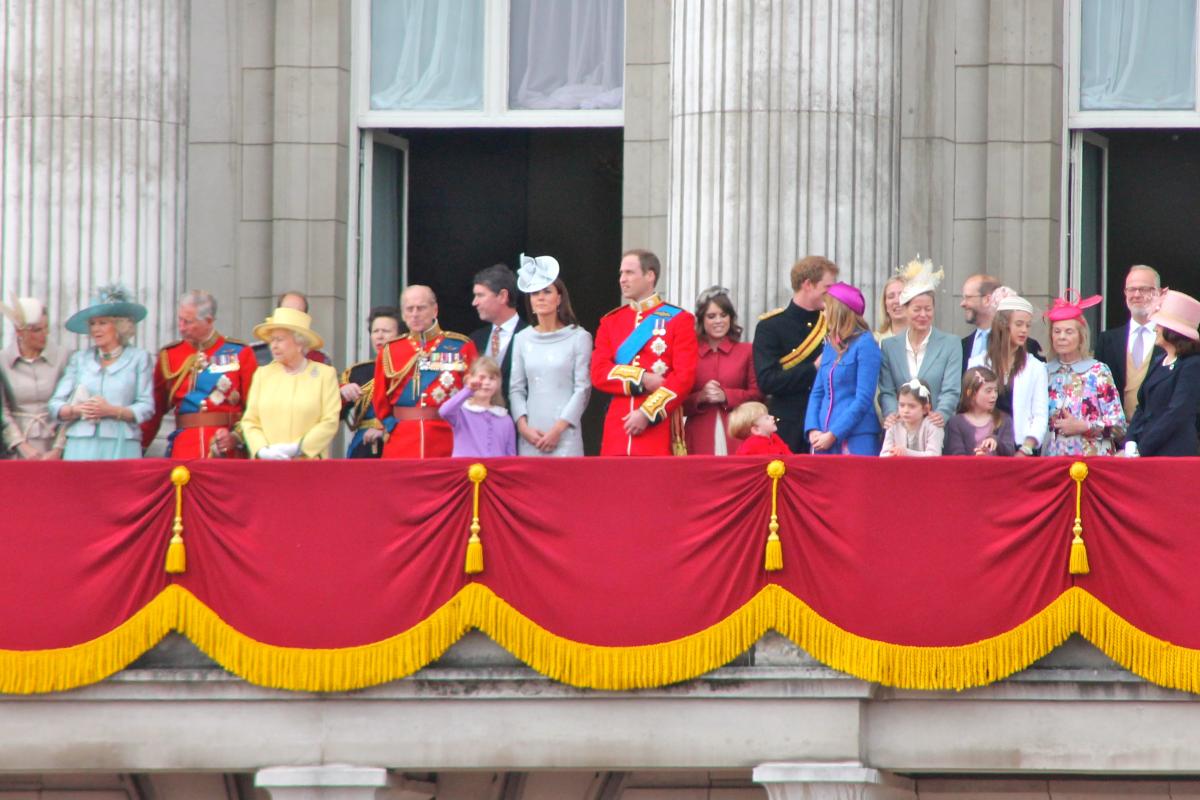
“Forth, awareness of emotions. The ‘Harry and Meghan’ case has proved to be very emotional both for the young and the senior generation. Understanding the emotional sources of divergences in priorities and goals among members of wealthy families is very important. Actions and behaviours in family business and business dynasties can be very emotional, and not always follow pure economically rational criteria. Thus, being able to understand such unique and often irrational behaviours is very important in order to cope with emotions and identify the best possible solutions in an emotion-dense environment.”
Khajanchi said the family needed to make up for any loss of communication and hurt and find an amicable way out.
“The younger generation needs to have freedom of choice and feel empowered. It's also time to tell that what your future boundaries are and make them aware of best case and worse case scenarios. The love of brothers needs to rekindle and kept intact—doors need to be open—who knows when they maybe back as one family.”






